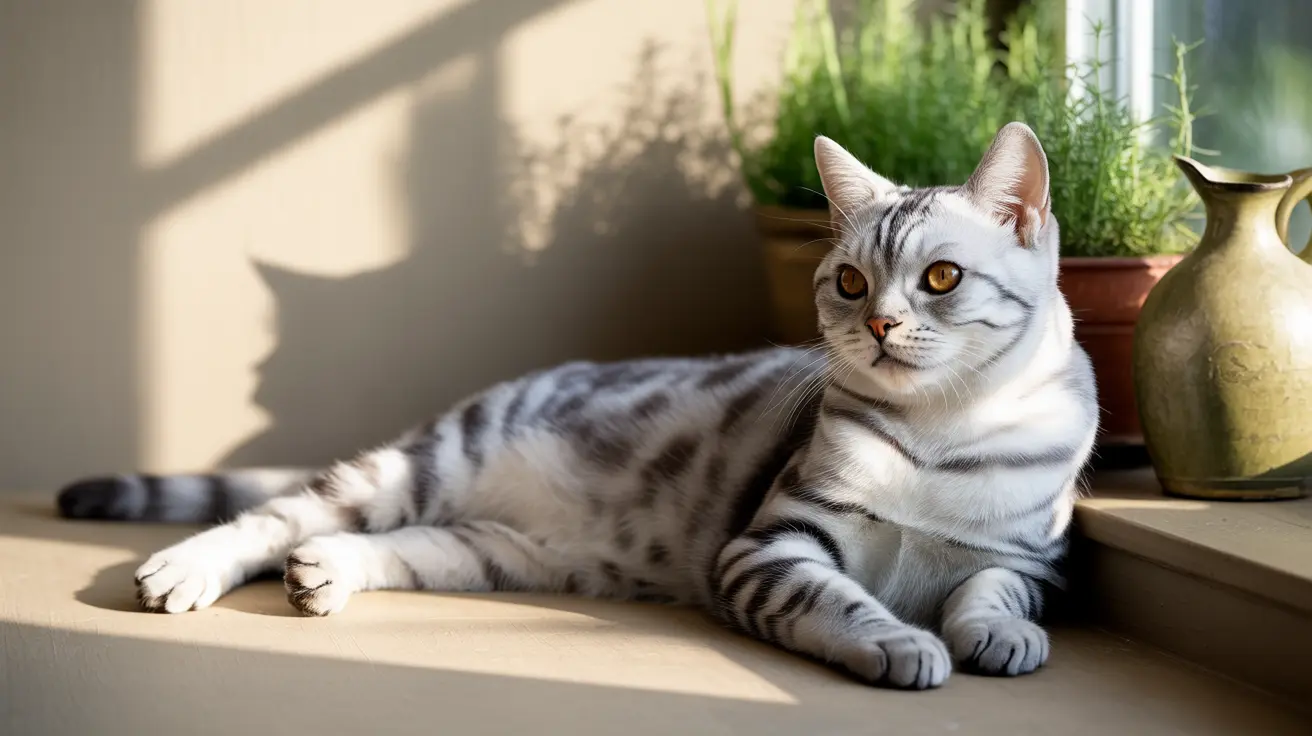Introduction
The mysterious allure of black cats has captivated cultures worldwide for millennia, with many believing black cats are good luck. From the sacred temples of Ancient Egypt to modern-day households, these elegant felines have played significant roles in shaping cultural beliefs and traditions. While some misconceptions persist, numerous societies have long celebrated black cats as bearers of fortune, protection, and prosperity.
Ancient Egyptian Reverence
In Ancient Egypt, black cats weren't just considered good luck - they were divine beings. The goddess Bastet, often depicted with a black cat's head, represented protection, fertility, and domestic harmony. So sacred were these creatures that harming a cat was punishable by death, and families would mourn their passing by shaving their eyebrows in respect.
Egyptian households believed that keeping a black cat would earn them favor with Bastet, bringing protection and good fortune to their homes. This reverence was so profound that cats were often mummified and buried with their owners to ensure continued protection in the afterlife.
Maritime Traditions and Good Fortune
Sailors worldwide, particularly in British and Irish maritime communities, have long considered black cats powerful bearers of good luck. Ship's cats, especially black ones, were highly valued for both their practical role in controlling rodents and their supposed supernatural ability to protect vessels from dangerous weather.
Many sailors' wives kept black cats at home, believing they would ensure their husbands' safe return from sea. This maritime connection helped establish black cats as symbols of protection and good fortune in coastal communities worldwide.
Global Cultural Celebrations
Different cultures worldwide embrace black cats as harbingers of good fortune. In Japan, the Maneki-neko (beckoning cat) figurine is sometimes depicted as black, symbolizing protection against evil spirits. Scottish folklore suggests that finding a black cat on your doorstep promises incoming prosperity, while German tradition holds that a black cat crossing your path from left to right brings good luck.
In Latvia, black cats are associated with bountiful harvests, while Thai culture recognizes nine distinct breeds of black cats, each considered especially fortunate. These widespread positive associations demonstrate how many societies have recognized black cats as beneficial companions.
Modern Perspectives and Adoption
Today, there's a growing movement to celebrate black cats and overcome lingering superstitions. Black Cat Appreciation Day (August 17) helps promote adoption and challenges outdated negative beliefs. Animal welfare organizations work tirelessly to educate the public about the loving nature and unique charm of black cats.
Many modern cat owners specifically seek out black cats, drawn to their sleek appearance and reputed loyalty. These adopters often report that their black cats bring joy, companionship, and, yes, good luck to their homes.
Frequently Asked Questions
Why are black cats considered good luck in some cultures but bad luck in others?
Cultural perceptions of black cats vary based on historical context and religious influences. Ancient civilizations like Egypt revered them as divine protectors, while medieval European superstitions linked them to witchcraft. Today, many cultures, including Japanese, Scottish, and British maritime traditions, maintain positive associations with black cats.
What is the historical significance of black cats in Ancient Egypt and how were they revered?
In Ancient Egypt, black cats were sacred animals associated with the goddess Bastet. They were protected by law, mummified after death, and believed to bring divine protection to households. Killing a cat, even accidentally, was considered a serious crime punishable by death.
How do black cats symbolize prosperity and protection in folklore from countries like Japan, Scotland, and Germany?
In Japan, black cats are believed to attract wealth and ward off evil spirits. Scottish tradition sees a black cat arriving at your home as a sign of prosperity. German folklore considers a black cat crossing from left to right as particularly lucky. These beliefs reflect the cat's historical role as a protector and good luck charm.
What are the origins of the superstition that black cats bring bad luck in medieval Europe?
Medieval European superstitions about black cats emerged during the 13th century when the Catholic Church associated them with witchcraft and Satan. This led to widespread persecution of both cats and their owners, particularly during witch trials, creating negative associations that persisted for centuries.
How can black cat superstition affect their adoption rates today and what is being done to change this?
Black cats often face longer shelter stays due to lingering superstitions and reduced visibility in adoption photos. Organizations combat this through initiatives like Black Cat Appreciation Day and educational campaigns highlighting black cats' loving nature and historical significance as symbols of good fortune.
Conclusion
Far from being harbingers of misfortune, black cats have been revered as bearers of good luck throughout history and across cultures. Their elegant presence continues to enrich households worldwide, bringing joy, protection, and perhaps even a touch of good fortune to those wise enough to welcome them home.






